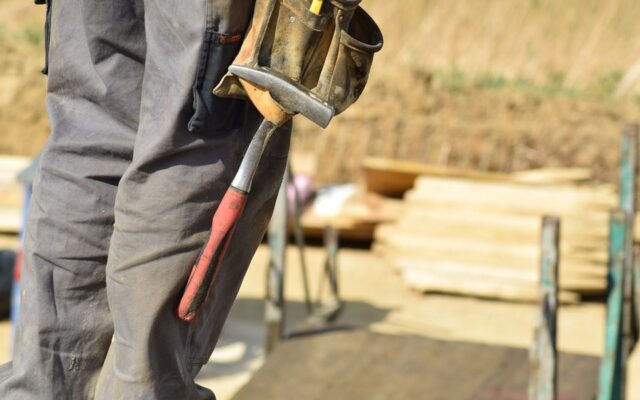
A Guide to Recycling Construction Waste
If you’ve ever managed or been involved in a construction project, you’ll know just how difficult it is to keep track of all the waste materials – and how quickly they all mount up! Acknowledging this, the Brown Recycling team have decided to put together a guide to recycling construction waste – specifically bricks, glass and plasterboard – so you will go into your next project armed with knowledge.
BRICKS
Given that bricks have a lifespan of more than 200 years, it’s important that you’re sending your surplus to the right place to be recycled, once you’ve established you have no need for them. There are a variety of different types of bricks and blocks that can be reclaimed for construction purposes, for example, clay bricks, concrete precast and aircrete blocks.
What can you do with used bricks?
- They can be crushed down and turned into aggregates
- They can be repurposed and used to produce new bricks and blocks
- Clay bricks can even be used as plant substrate
Issues with recycling bricks
- Construction waste like plasterboard can contaminate bricks, making them unusable.
- Given that new aircrete blocks are relatively cheap, many project managers will opt to buy new.
- It’s not always easy to assess the strength of reclaimed bricks.
Changes you can make to your site
- Dedicated storage areas for your bricks will help reduce the chance of damage occurring.
- Separate brick and block waste to minimise contamination chances.
- Using a lime-based mortar will make the bricks easier to recover without damage during deconstruction.
GLASS
Whether it’s demolition, window replacement or office electrical waste, glass waste can come from a variety of sources during construction projects. Glass is highly recyclable though, so it’s worth assessing your options properly.
What can you do with used glass?
- Glass can be repurposed and used as insulation.
- It can be used in abrasives.
- It can be used as a fluxing agent for manufacturing bricks and ceramics.
Issues with recycling glass
- The recovery and extraction of glass can be quite expensive.
- Loading and transporting the glass itself to collection centres can sometimes be costly.
- Flat glass can become contaminated, which means reprocessing will be required.
Changes you can make to your site
- Provide staff with proper training in the handling of materials to ensure that damage to the glass is minimised.
- Arrange proper, safe transport to move the glass to the collection centres safely.
- Keep updating records to prevent over-ordering, and to minimise the amount of stock held on site.
PLASTERBOARD
Plasterboard and gypsum are used in abundance in construction projects throughout the UK. In fact, plasterboard wastage can often account for a high percentage of overall site waste, so let’s take a look at what you can do to improve your plasterboard recycling processes.
What can you do with used plasterboard?
- Plasterboard off-cuts can be returned to the manufacturer through certain schemes.
- Plasterboard can be repurposed to create more plasterboard or cement.
- Gypsum can be repurposed to make bathroom furniture mouldings
Issues with plasterboard recycling
- If stored with other materials, plasterboard can contaminate certain waste.
- Foil-backed plasterboard actually cannot be recycled due to the nature of the material.
- Composite plasterboard can be difficult to separate, making the recycling process take a great deal longer.
Changes you can make to your site
- Take the time to properly separate materials to avoid causing damage.
- Opting to use recyclable varieties of plasterboard.
- Improving transport procedures to ensure that damage is kept to a minimum.
Brown Recycling is a leading waste management company in the Stoke-on-Trent area and is more than capable of transporting and recycling a variety of different construction materials. For more information about how we could help with your next project, get in touch today.
This website uses cookies to enhance your browsing experience and deliver personalised ads. By clicking “Accept All Cookies”, you agree to the storing of cookies on your device to enhance site navigation, analyse site usage, and assist in our marketing efforts.




